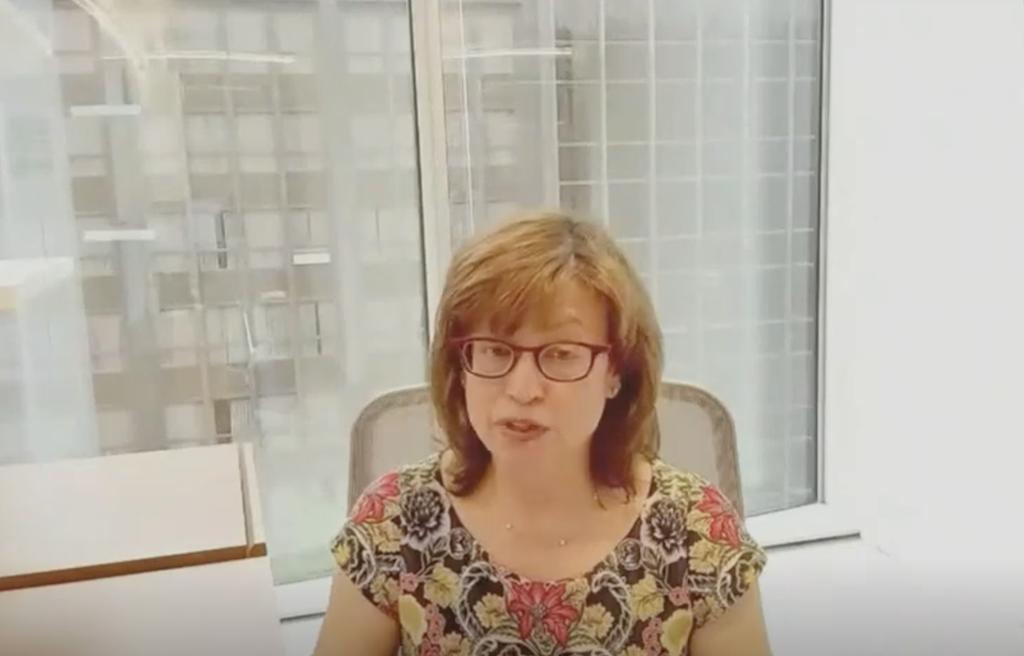No to E-Rate Changes, Millions for Tribal Broadband, Oregon Grants, Arkansas Training Program
GOP lawmakers want new FCC commissioner to reject E-Rate expansion.
Jake Neenan

September 28, 2023 – Rep. Cathy Rodgers, R-WA, and Sen. Ted Cruz, R-Texas, sent a joint letter on Tuesday to newly minted FCC commissioner Anna Gomez, urging her to reject proposed expansions to a school broadband subsidy.
FCC Chairwoman Jessica Rosenworcel announced plans in June to expand the program –which provides monthly internet discounts for schools and libraries – to fund Wi-Fi on school buses and Wi-Fi hotspots for students to check out from libraries and schools.
The GOP lawmakers expressed “strong opposition” to the plan, calling it a “mockery of the law.”
They argue the Communications Act of 1934 limits E-Rate benefits to school and library property, making both proposed expansions ineligible for the subsidy.
Senator Ed Markey, D-Mass., supported Rosenworcel’s June announcement.
The proposal will be up for a vote among the five FCC commissioners at the regulator’s October 19 open meeting. Gomez’s recent confirmation gives Democrats a 3-2 majority.
E-Rate is among four programs funded by a portion of the roughly $8 billion in annual money from the Universal Service Fund. Lawmakers are looking to reform the USF’s funding mechanism, which is currently a tax on voice providers.
NTIA announces latest tribal grants
The National Telecommunications and Information Administration announced on Wednesday $74 million in tribal broadband grants.
The money comes from the nearly $3 billion Tribal Broadband Connectivity Program. It can be used to expand infrastructure or to fund other connectivity efforts like feasibility studies and broadband adoption initiatives.
Over $1.8 billion has been allocated under the program with the latest round of awards, which goes to 28 tribal governments in 11 states.
The NTIA said the awards comply with its “equitable distribution” requirement. The agency is required to give smaller grants – up to $500,000 – to tribal governments who do not receive the full grant amount they apply for.
The Government Accountability Office has pushed the NTIA to offer feedback to tribes who are given these significantly reduced grants, saying it would help tribal governments submit more competitive applications in the future.
The remaining $970 million in the program is still up for allocation. Applications are due to the NTIA by January 24 of next year.
Oregon gets $156 million from Capital Projects Fund
The Treasury Department announced Thursday the approval of over $156 million from the Capital Projects Fund for broadband projects in Oregon.
The money will fund a competitive grant program for last-mile infrastructure which the state expects to ultimately connect over 17,000 locations. The program will prioritize projects in areas with current internet speeds of 10 Mbps download and 1 Mbps upload and below and will require all projects to deploy at least 100 * 20 Mbps.
Most of the funding – $149 million – will go to grant awards for successful bidders, with the remaining $7.7 million set aside for administrative costs. Oregon will not receive any additional money from the CPF.
Projects funded by the program will also be required to participate in the Affordable Connectivity Program, a monthly internet subsidy for low-income and Tribal households. The ACP’s future is uncertain, though, with its $14 billion set to dry up in April of next year.
This allocation puts the total CPF awards over $8.4 billion to date. A response to the Covid pandemic, the fund set aside $10 billion for projects enabling work, education, and health monitoring.
Arkansas fiber training program
The Arkansas Community Colleges recently announced a free training program for jobs in broadband infrastructure deployment.
The Arkansas Fiber Academy, subsidized by a partnership with the state’s Office of Skills Development, offers three training programs preparing participants to work as aerial linemen, telecom tower technicians, and underground fiber technicians.
Courses range from 11 days to over three weeks and can be attended at three colleges and universities across the state.
A shortage of qualified workers to deploy broadband infrastructure has been cited by the industry as a potential obstacle to the $42.5 billion Broadband Equity, Access and Deployment program.









Member discussion